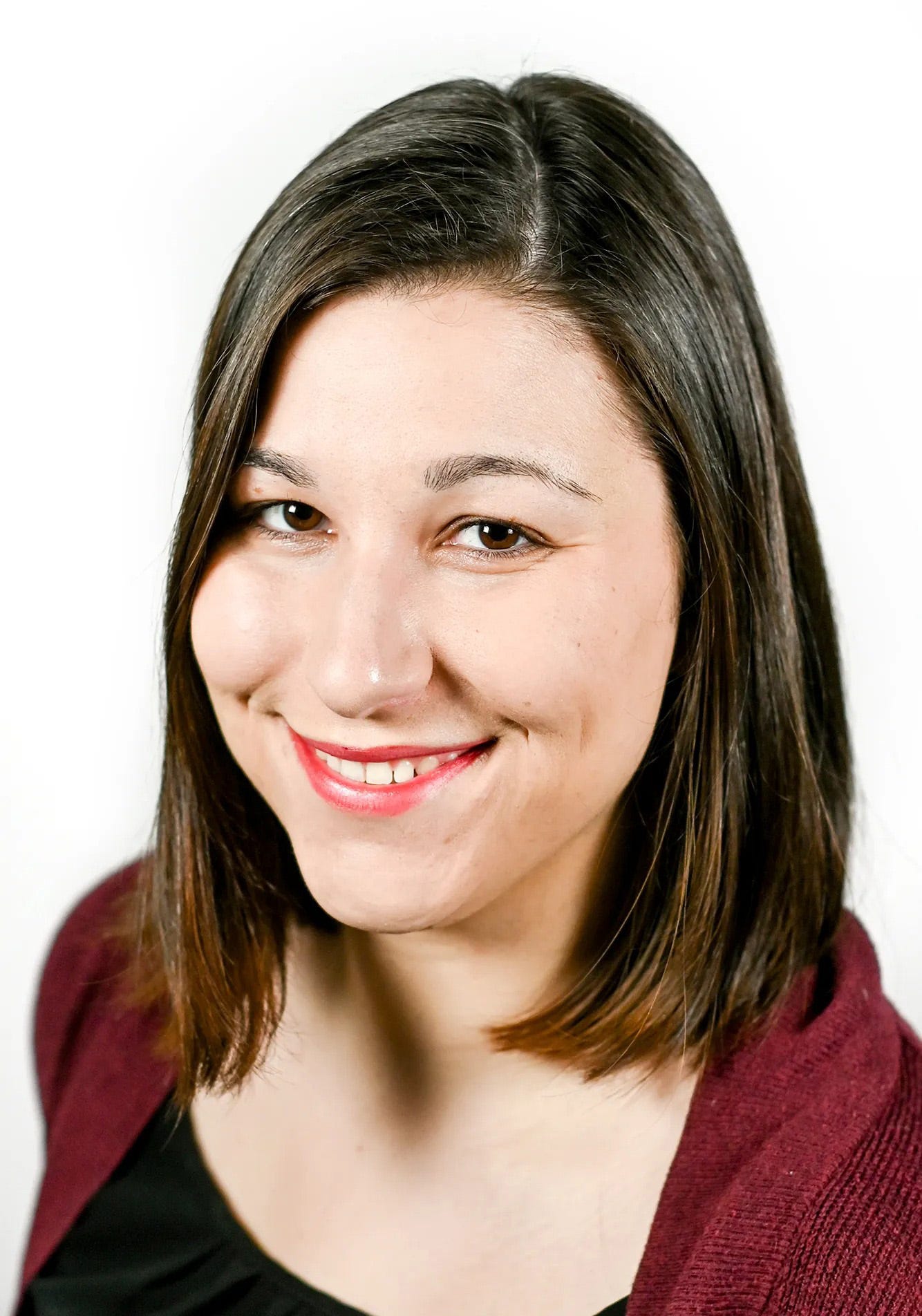Prosecutors, Jennifer Crumbley's attorney spar over allowing shooter's medical records in trial
 Kara Berg
Kara BergA defense attorney for Jennifer Crumbley continues to fight to get medical reports about her son's mental state introduced at Crumbley's trial, along with the chance to question those doctors, but prosecutors contend their statements are "immaterial" and shouldn't be allowed.
According to filings made this week in Oakland County Circuit Court, Assistant Prosecuting Attorney Marc Keast said defense attorney Shannon Smith's interpretation of the doctors' statements after Ethan Crumbley was jailed and at a state forensic center do "not say what the defense wishes it did” when it’s viewed in context.
Keast said the statements are “immaterial” to the defense and actually support the prosecution’s position.
Smith, meanwhile, maintains that the doctors' statements contradict what the teen wrote in his journals and told his friend.
The information, from psychiatrists Fariha Qadir and Lisa Anacker, may not be allowed to be introduced during Jennifer Crumbley's trial for involuntary manslaughter connected to her son's murders of four classmates in November 2021.
Because Ethan may be planning to appeal his plea and life sentence, he has said through his attorneys that he plans to assert his Fifth Amendment right against self incrimination if he is called to testify at his mom's trial and he does not waive his right to keep his medical records confidential.
Qadir was the shooter's psychiatrist during his time in the Oakland County Jail and Anacker spoke to him when he was evaluated for competency at the Center for Forensic Psychiatry.

Smith wants Qadir and Anacker to be able to testify during Crumbley's trial, which started Jan. 23 and continues Thursday.
Smith also said it is unfair that Qadir and Anacker could testify about Ethan's medical information in open court, which was streamed to the world on YouTube and national television, in his case, but that she could not use that publicly available information in his mother's trial.
“It’s ludicrous that the world can see and know this information, however, Mrs. Crumbley may be prohibited from using it in trial, specifically when it’s necessary for her defense,” Smith wrote.
Smith argues the shooter is not entitled to the same Fifth Amendment protections as someone who hasn't gone to trial, considering he has already pleaded guilty, been sentenced and made statements at sentencing about his offenses. He was sentenced to life in prison without the chance of parole in December.

“If Mrs. Crumbley is unable to call the doctors who treated and/or evaluated the shooter and she is not allowed to call the shooter because he intends to plead the Fifth, Mrs. Crumbley is hampered in her defense and cannot provide evidence that is necessary and material to her defense,” Smith wrote.
Smith said Matthews has already admitted exhibits over her objections that give information that contradicts information Qadir and Anacker would testify to, including that the shooter asked for mental health treatment and that he was suffering from delusions, paranoia, hallucinations or other symptoms. He told his friend's mother laughed at his request for help, which Smith contends is not true.
James and Jennifer Crumbley said they had no reason to believe their son, who was 15 at the time of the Nov. 30, 2021 shooting, was suffering from mental health concerns that would require him to get treatment, Smith and James Crumbley's attorney Mariell Lehman wrote in an October request for evidence.
"Evidence claiming that the shooter was asking his parents to get him to a doctor or get him help was sent in text messages to the shooter's friend — this was not information that either parent knew he was claiming, and the parents deny that he ever asked them to seek treatment for him," Smith and Lehman wrote.
Prosecutors have repeatedly said that the Crumbley bought their mentally ill son a gun and failed to get him treatment, Smith and Lehman wrote. But during his Miller hearing last year, a hearing to determine if he could sentenced to life in prison of parole or a set number of years, they argued he was not mentally ill.
"Put plain and simply, the prosecution cannot have it one way in one case and another way in another," Smith and Lehman wrote. "It is noteworthy that many of the positions the parents have taken in this case are consistent with the prosecution's argument against the shooter at his Miller hearing. For example, as the parents have argued all along, the shooter was not suffering from mental illness and obviously, based on that conclusion, Mr. and Mrs. Crumbley had no reason to suspect their son was mentally ill or seek mental health treatment (prior to the conversation in the counselor's office on November 30, 2021)."
Keast said it was “obvious that he was in crisis and asking for help. What matters — and why this evidence is being offered — is to show that there were red flags of him being in crisis and that the shooter reported them to Jennifer Crumbley.”
“The defense assertion that the shooter ‘never asked for help’ is particularly absurd given the drawing he made that was sent and shown to the Defendant before the shooting,” Keast wrote. “Any person looking at that drawing could clearly see it was a cry for help, but it did not require any interpretation – the shooter literally wrote ‘Help me.’”
Oakland County Circuit Court Judge Cheryl Matthews has not yet made a decision on if she will allow the doctors to testify.
kberg@detroitnews.com